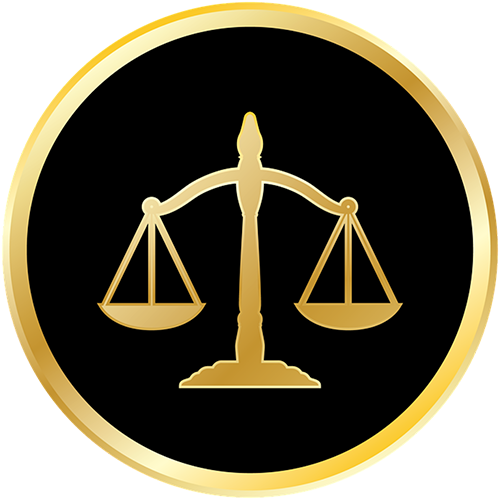FAQ Estate Planning Law

FAQ Estate Planning Law
What is Estate Planning?
Who needs estate planning?
What are the basic estate planning documents?
A will: A will is a legal document that outlines how you want your assets to be distributed after your death. It also allows you to name a guardian for your minor children.
A living trust: A living trust is a legal arrangement that allows you to transfer your assets to a trustee to manage for your benefit during your lifetime and for the benefit of your beneficiaries after your death.
A power of attorney: A power of attorney is a legal document that allows you to appoint someone else to make decisions on your behalf if you become incapacitated.
A healthcare directive: A healthcare directive is a legal document that outlines your wishes for medical treatment in the event of your incapacity.
What is probate?
How can I avoid probate?
Creating a living trust: Assets that are held in a living trust will generally pass to your beneficiaries without going through probate.
Using beneficiary designations: Many assets, such as retirement accounts and life insurance policies, can be transferred to beneficiaries through beneficiary designations. This will avoid probate as long as the beneficiary designations are properly completed.
Titling assets jointly: If you own assets jointly with another person, those assets will pass to the surviving joint owner upon your death, without going through probate.
What are the benefits of having an estate plan?
There are many benefits to having an estate plan, including:
- You can ensure that your assets are distributed according to your wishes.
- You can minimize taxes and other expenses.
- You can plan for the care of your minor children.
- You can protect your privacy.
- You can give yourself peace of mind.
How much does estate planning cost?
How do I choose an estate planning attorney?
The attorney’s experience: Choose an attorney who has experience in estate planning law.
The attorney’s fees: Get an estimate of the attorney’s fees upfront.
The attorney’s communication style: Choose an attorney with whom you feel comfortable communicating.
How often should I review my estate plan?
What are some common estate planning mistakes?
- Not having an estate plan: This is the biggest mistake you can make.
- Failing to update your estate plan: Your estate plan should be reviewed regularly to make sure it is still up-to-date.
- Choosing the wrong executor or trustee: The executor or trustee is responsible for carrying out your wishes, so it is important to choose someone you trust and who is capable of handling the job.
- Not naming a guardian for your minor children: If you have minor children, you should name a guardian in your will to care for them if you pass away.
- Not making plans for your long-term care: If you have concerns about how you will pay for long-term care, you should discuss your options with an attorney or financial advisor.

